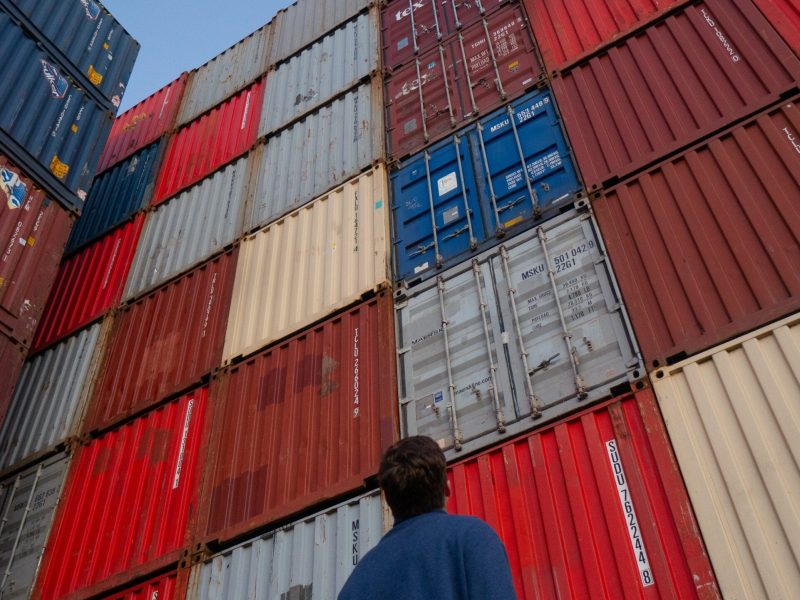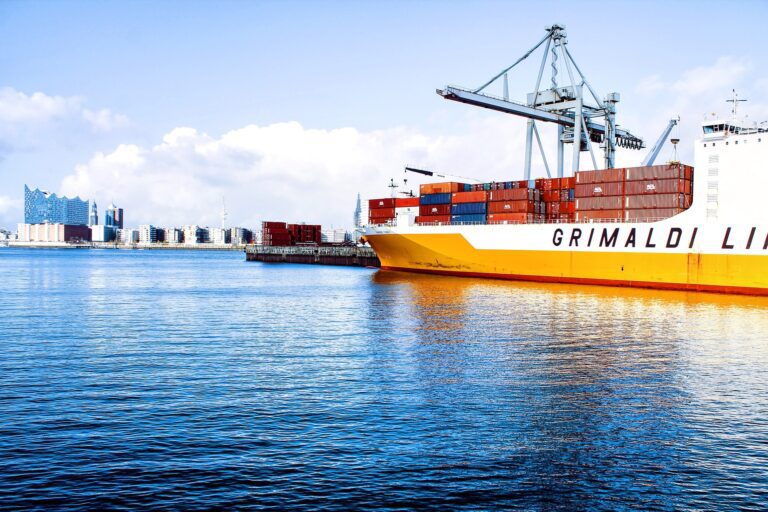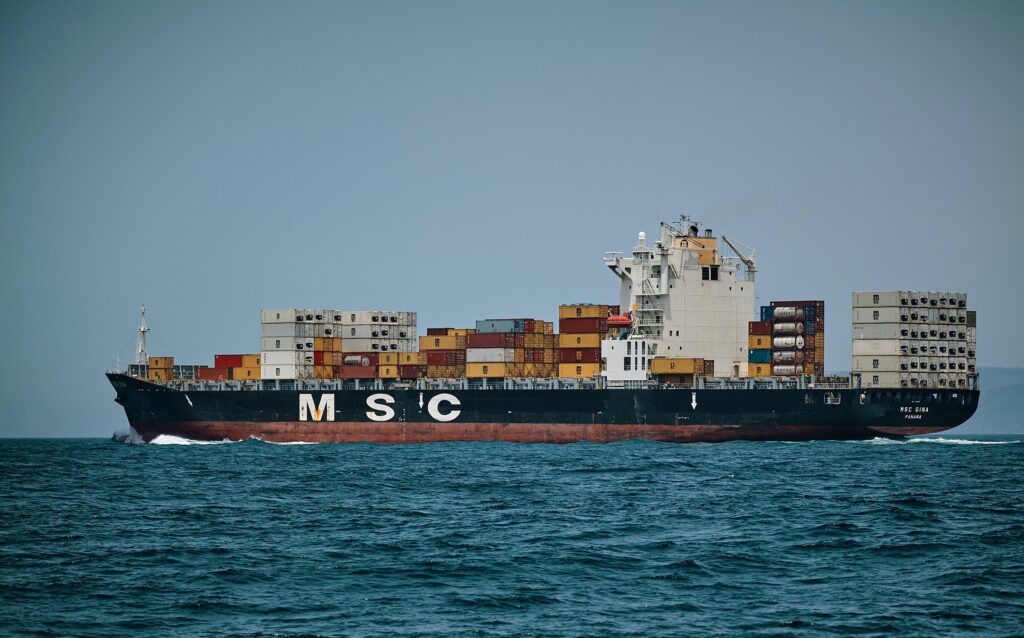What is Ocean Freight?
The terms “ocean freight” or “maritime transport of commodities” refers to a kind of transportation in which cargo is transported by sea. Maritime transport is worldwide by definition, with the shipping industry handling 90% of global trade.
Importing and exporting items via international maritime shipping provides global maintenance and facilitates dangerous materials such as gas, liquids, and explosives. This shipping solution may be the best choice if your business has to carry large volumes without meeting any sort of pressing deadlines.
Seas have always been most important as a mode of transportation for people all across the world. Ocean freight is one of the most popular and nearly exclusively used modes of international transport.
A number of factors come into existence when one is deciding to ship cargo by sea. This mode offers both pros and cons, but there are a few things that one should keep in mind whenever you choose to ship something throughout the world via ocean freight. The recurring charges, capital cost, reliability, dependability, volume, and speed with which the items are transported to the intended location are four of these factors. Time, security, distance coverage, and environmental impact are a few key variables to consider.
Pros of Ocean Freight Shipping
- Economical: Compared to rail, road, and air, ocean freight rates are more affordable and more economically viable for bulkier cargo. Companies that provide ocean freight services provide various low-cost shipping options for different products. This is critical for many businesses, as they must save money when shipping goods, so that products can be sold to end-users at low prices. As a result, you will gain an advantage over your competitors.
- Low Maintenance Cost: As compared to air and rail transportation, the cost of maintenance for water transportation is significantly lower. This is also one of the prime reasons because of which the cost of maritime freight is low.
- Best for Bulky Goods: The ability of the shipping firms to transport oversized, heavy, or bulky cargo – also known as break bulk or Not in Trailer (NIT) loads – is a significant advantage of sea freight shipping. Large cars, equipment, construction supplies, and other various items could be among the cargo. Enormous cargo, frequently too heavy or oversized for air freight or even over-the-road transit, is not an issue for many maritime vessels.
- Eco-friendly: Air and other modes of transportation have way more higher carbon footprints as compared to marine shipping, which is an environmental disadvantage. Whereas, on the other hand, ships are the most carbon-efficient way of transportation. They emit fewer grammes of exhaust gas per tonne of cargo than any other mode of transportation. These already-low emissions will continue to fall as technology advances, new ships arrive, and LNG-powered alternatives are deployed
- Safety: Another advantage of ocean freight shipping is that ships are built to transport hazardous materials and dangerous cargo safely. The industry is well-versed in handling such commodities, and laws have been put in place to safeguard the vessel, crew, load, and environment’s safety. Cargo loss due to marine disasters is steadily decreasing as maritime security improves and has decreased dramatically in the last decade. For added protection, containers are designed to be sealed and locked during transportation.
- Flexibility: Sea freight providers can typically satisfy all your needs, regardless of the size of your goods. Smaller shipments can even be combined with other cargo to fill a container, allowing transportation services to be shared at a lower cost. Shippers can serve one or more containers with larger goods, giving them unrivalled bulk possibilities. Because they are built to transport enormous amounts of goods or raw materials, vessels are the best means to convey large cargo volumes.

Cons of Ocean Freight Shipping
- Slow Speed: Ocean transportation is a slower means of shipping that is ideal only for commodities with a considerable lead time. Other modes of shipping, such as air freight, can deliver things in as little as 2-3 days, whereas ocean freight can take up to a month.
- Risky: The dangers connected with ocean shipping are higher because there is a significant amount of time involved from shipping to delivery. There may be delays or weather obstacles resulting in cargo damage.
- Lack of Infrastructure: Certain sections of the world may lack port and terminal facilities, making it impossible to accommodate huge ships carrying containers. Container-based networks typically necessitate a significant level of capital investment.
- Delays may occur: Ships run every week, and various issues arise frequently. There’s always the possibility that your deliveries will be late. And your consumers will undoubtedly be dissatisfied as a result. If you choose marine shipping, you will save a lot of money. Because of the potential for delays, your consumers may opt for a different supplier.
What After Considering All Pros And Cons Of Sea Transportation?

Consider the advantages and disadvantages of sea transportation before deciding how you will ship your belongings.
If you choose that sea shipping is correct for you, you should employ Stockarea to handle your shipping and forwarding needs. Our representatives will gladly help you with any questions or concerns you may have.
With our assistance, you can make a difficult and unpleasant task much easier and more fun. It is all about getting the right people on the job!
Related posts
- Advantages and Disadvantages of Air Freight Shipping
- Air Freight Vs Ocean Shipping: Which Is Best For Your Cargo?
- What Is LTL Freight Shipping
- Advantages & Disadvantages Of Road Transport
- What is Freight Forwarding?
- 11 Best Freight Forwarding Companies In India
- 6 Steps To Start Freight Forwarding Business
- Everything You Need To Know About FTL Shipping
- 6 Major Advantages of Cold Storage
- LTL Vs FTL : 7 Major Differences Between LTL & FTL
- 6 Ways To Reduce Transportation Costs In Logistics
- What Is Customs Clearance?
- 6 Proven Tips To Reduce Shipping Costs
